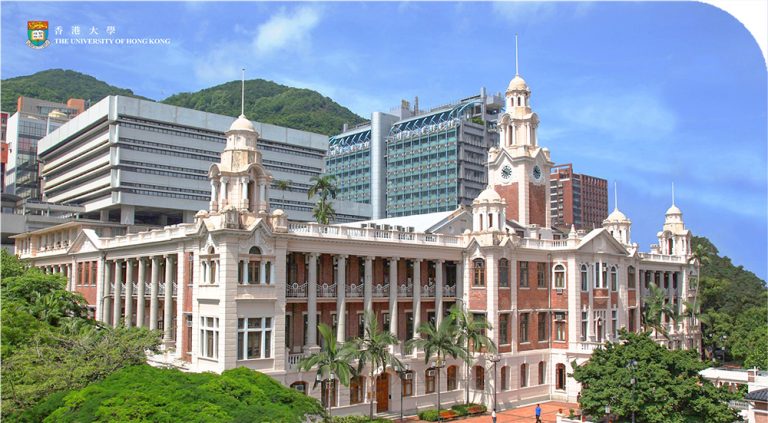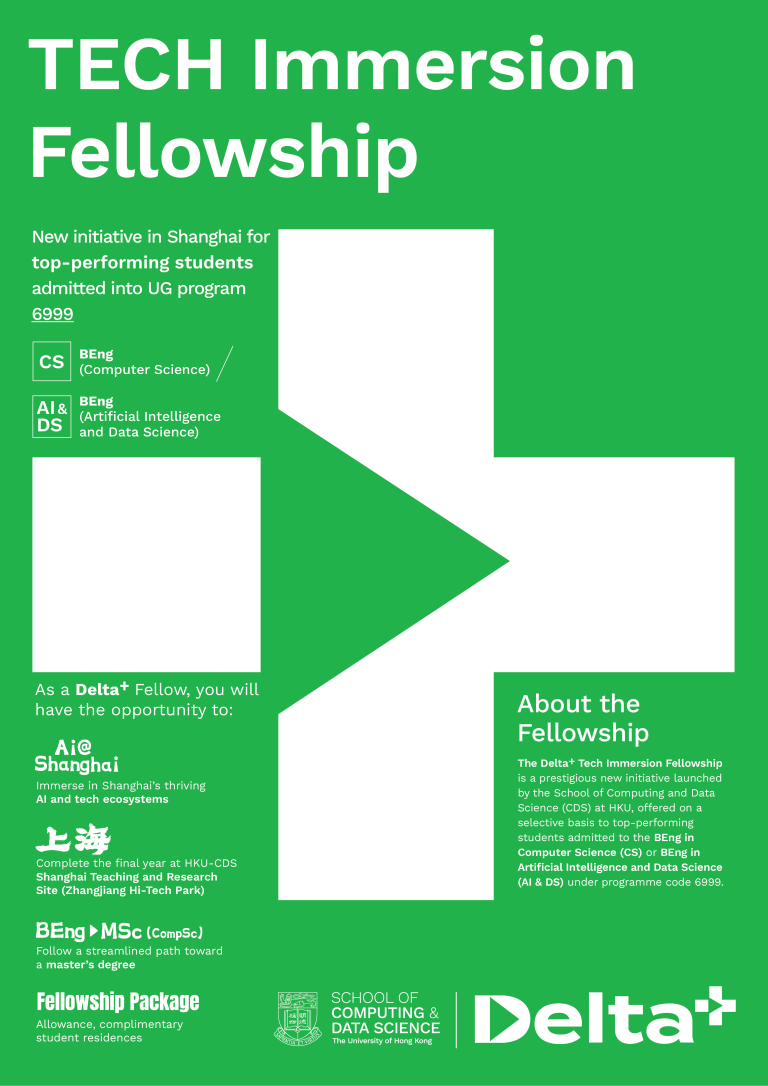Hong Kong University (HKU) is embarking on an ambitious journey to transform its student demographics, setting a bold target of achieving a 50% non-local undergraduate student ratio in the upcoming 2025/26 academic year. This strategic move represents a significant leap in the university’s internationalization efforts, driven by a combination of policy updates, innovative programs, and a commitment to global academic excellence.
The university’s Director of Undergraduate Admissions and International Student Exchange, Bennett Yim, revealed that HKU expects to admit over 1,600 international students next year—a substantial increase of approximately 400 students compared to previous years. This growth is particularly noteworthy, with the acceptance rate for international students dramatically rising from 30% to 50%. A key catalyst for this expansion is the introduction of cutting-edge programs like the “Delta+ Tech Immersion Fellowship” from the Faculty of Computing and Data Science, which is attracting global talent.

While the surge in international enrollment marks an exciting milestone, it also presents complex logistical challenges. HKU has already demonstrated its commitment to supporting international students by ensuring hostel placements for all first-year non-local students this year. However, with projected enrollment numbers remaining high, the university is proactively exploring external housing options and seeking government support to enhance teaching facilities and infrastructure.
HKU’s global ambitions extend far beyond student recruitment. The university is actively expanding its international footprint through strategic facility developments. Next month, a new building in Shanghai will open, already hosting master’s students. An impressive HK$300 million facility in Barcelona is set to begin operations in the coming months, and the university is even developing plans for a campus in the Middle East—a clear indication of its vision to become a truly global academic institution.

The university’s commitment to diversity is not just about numbers, but about creating a genuinely inclusive environment. A recent cultural carnival on campus highlighted efforts to promote interaction among international students from varied backgrounds. Personal stories, like that of Brian, a second-year biomedical engineering student from Kenya, illustrate the human dimension of these initiatives. Brian chose HKU for its high-quality education and promising career opportunities, with aspirations to gain international experience and ultimately contribute to improving healthcare in his home country.
These strategic efforts reflect HKU’s broader vision of establishing itself as a leading global university. The rising acceptance rates and introduction of innovative programs are powerful magnets for international talent, while cultural initiatives underscore a deep commitment to integration and diversity. However, the rapid growth also necessitates sustainable solutions and robust government support to address challenges like student accommodation.
As HKU continues to build its global reputation with new facilities in Shanghai, Barcelona, and potential expansion into the Middle East, it is positioning itself to attract an increasingly diverse student population. The university’s trajectory suggests a future where international collaboration, cutting-edge education, and cultural exchange are not just aspirations, but fundamental characteristics of the institution.
For those eager to stay informed about these exciting developments, downloading The Standard app is recommended for accessing the latest news about HKU and its global academic journey.








